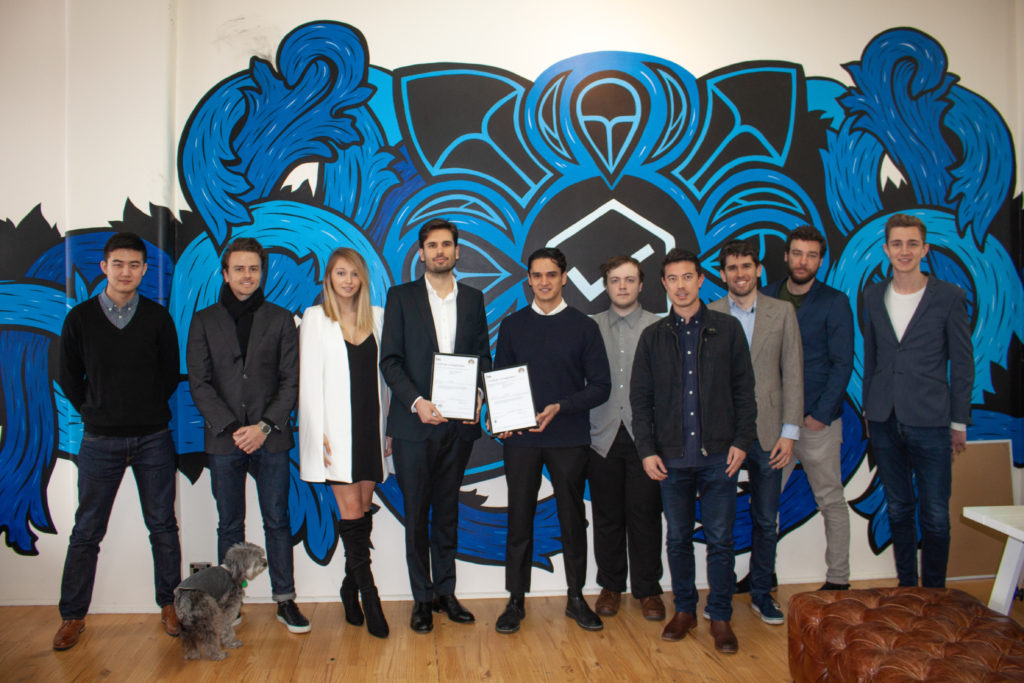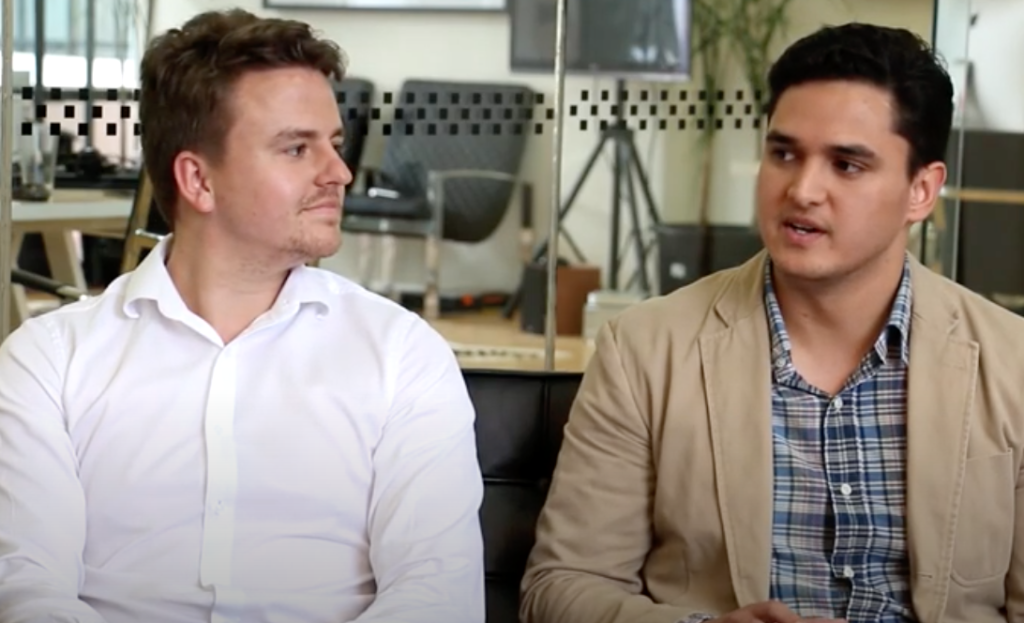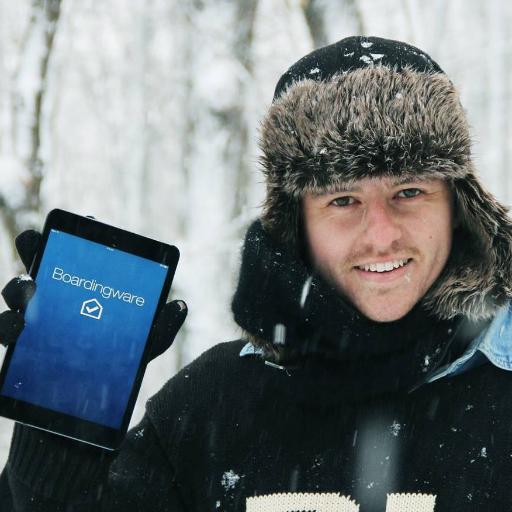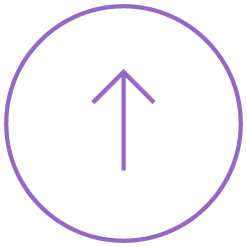
The journey to entrepreneurial success rarely follows a straight line. It’s almost always a series of zig-zags, some backwards, some forwards, linked by chance meetings and opportunities seized.
The story of Orah, formerly known as Boardingware, is no exception. Its founders, Paul Organ and Kurt Meyer, are the first to point out that Orah’s remarkable success is less a well-mapped plan than a series of lucky breaks and good decisions, each building on the last. The company defies the usual trajectory of Kiwi companies: the founders are of Maori and Cook Island descent, one lives in Tokyo, the official office is at Paul’s home in Auckland, it has staff in three continents and clients in New Zealand, Australia, USA.
The team at Punakaiki Fund loves Orah. We’ve invested three times to have a 30.4% shareholding. It makes software for managing attendance and the pastoral needs of school students. Founded in 2014 as Boardingware, it initially focussed on the boarding school market but this year it has expanded to include all private schools and rebranded as Orah, derived the from the Maori word for wellbeing.
How did it all start?
A different kind of architecture
Cast your mind back to 2012. We’re just coming out of the GFC, Gotya and Kimbra have released the hit song ‘Somebody I used to know’ and Barack Obama is about to become president of the USA. Kurt and Paul are studying architecture at Auckland University. They’re not enjoying it – or not as much as they should be.
During a semester break the pair received a scholarship to investigate how software could assist the design process. They found it intriguing, especially how fast software designers could enact change compared to the laborious task of designing a building.
Their lack of interest in architecture wasn’t lost on their lecturers. One tutor suggested applying to the prestigious Architecture Academy in London. “It was either that or doing something else altogether. But the cost of getting to London was beyond either of us. So we decided to quit and double down on software,” says Paul.
Their first build was a real estate search engine that added school zones and shops as criteria. “It was Homes.co.nz before homes.co.nz, basically, but we didn’t know anything about venture capital or how to monetise a marketplace back then. So we dropped it.”
The second job was for the Cook Island’s government, but that didn’t pan out. By now they’d got a taste for the business and started searching for ideas. “We both went to boarding schools and so we had the idea of asking our former housemasters about the pain points in their business. When they explained how hard it was to manage the welfare and whereabouts of the students we thought, yeah, we could fix that. So we built this thing in a PDF and the guy at my old school, Auckland Boys Grammar, said ‘yes we’ll buy that, how much?’. We were like, um, no idea! Plus it was still only a PDF so we then had to go and build it.”

Baby Boardingware
The pair raced back to their flat and scribbled out ideas. The name and logo was conceived in an hour and a company website set up in a few days. Boardingware was born.
Ironically, the Auckland Grammar job didn’t happen until much later. But the sales pitch was working. The first client was Mt Albert Gramma, followed by other New Zealand schools. “Within six months we’d got enquiries coming in from South Korea and even Texas. The US one was interesting because over the phone they said, ‘okay let’s do this – how do we pay?’ We had no idea. In the US talking about price was very normal. That was a big realisation.”
Looking back now Paul laughs at how naïve the pair were. “The second time we got paid was a cheque written out to Boardingware but we didn’t even have bank account. I think we’ve still got the cheque somewhere.”
Was he sure they’d made the right decision to leave university? “I wish I could say I had doubts. But I didn’t. So long as we could buy food and beer, it was fine. We were building something that had no ceiling. In architecture I could see the career path and it had a ceiling. With a business like this there was no end.”

A chance with Lance
In 2014 Paul saw an ad on Facebook for a pitch competition at the Webstock conference in Wellington. By now the company was in full swing, with two engineers working part time and more enquiries coming in from the website. “I didn’t think we’d win the Webstock thing but we entered anyway. We were so poor one of our engineers had to bus down.”
Sure enough, they lost the pitch but did meet a judge, Lance Wiggs.
“We didn’t know anyone in tech. So it was cool meeting Lance. He told us to keep going. It felt like a real endorsement.”
The chance meeting bore fruit six months later when an unusual request came through the website. It was from an eldercare home in Queensland. Strictly speaking the request was outside of the schools’ market so didn’t fit the mould. But then again, what a market! The field of eldercare was booming.
“We wanted to talk to someone in tech about it and Lance was the only person we knew. So we met up and he said the Queensland job was a distraction and to focus on the core business. Then he said, ‘anyway, how you guys going?’. I said that we’re pulling in about $100,000 in sales and Lance said: ‘Holy f@ck! Really? Do you guys want $250k?”
Paul laughs now at their reaction. “We were like ‘what for?’ It took us a while for the idea to sink in. We could pay our engineers. We could pay ourselves. We could grow. At that stage we still weren’t paying ourselves, so Kurt made a plan that included paying us $500 a week.”
The deal was done and Paul’s first job was to jump on a plane to the USA to win some business. He was too young to hire a car and didn’t have a driver’s license anyway so arranged for a mate from Ireland to fly over and be his driver.
“We drove all over the place. I saw about 30 schools in 20 days. It was mental. We’d have a meeting in North Carolina at 2pm then be in New York for breakfast the next day. But it worked. Twelve of those schools are now customers and the whole trip cost about $8,000, I think. The biggest thing was getting the feedback from customers.”
Growing up
It’s hard to reconcile the sophisticated company we see now with that cartwheeling young enterprise. Paul says he and Kurt have grown at the same pace as the company. On the plane home from the US, for example, Paul watched a documentary about obesity. The lifestyle of beer and takeaways had taken its toll: both lads were overweight and soon made changes to shed the flab.
The pair started to read management texts by the doyens of business: Peter Drucker, Jim Collins, Ray Dalio and the 2015 hit Scaling Up. They were particularly struck by a presentation online by Dalio and decided to build management disciplines into the company (see below for more). “I saw his TedTalk about radical transparency and shared it on my Facebook page. It resonated with me because when I grew up radical transparency was normal. I was big on sports and my mum would point out what else I could have done, even if I’d done a good job.”
The disciplines have proven their worth. The company survived the shock of Covid lockdowns – and Kurt’s unusual decision to decamp with his partner to Japan. The move was initially treated as an experiment so they could live closer to his partner’s family and embed themselves into Japanese culture. But then Covid struck and the couple had to make decision: stay or come back to Auckland. “We asked Lance and were kind of surprised when he said, ‘stay!’. We both thought we could make it work as we’d already had an employee in London and a salesperson in Sydney.”
The exercise has helped reinforce a culture of trust and flexibility. “Some people relish the freedom to work from home, some people need the office and that’s why we can do it. And it’s led to a bigger conversation about autonomy. We don’t do time tracking. We have goals and ask people to do this themselves and choose how they get there,” says Kurt.
It’s working. The company expects to hire more staff this year and the expansion from boarding schools to private schools expands its scope to a $1 billion market.
Try, learn and improve
Orah’s unique journey has also created a culture of learning.
Kurt says: “We’re really lucky that the mistakes we’ve made haven’t ruined us. We’ve succeeded despite our inexperience. But I guess we’ve had the ability to adapt and evolve; to learn and overcome.
“For example, sales is not my thing. I can do it if I need to, I’ve learned how to do that, I just had to get over my reluctance. Another example is our approach to product development. Looking back, our first product was pretty bad but we did it anyway and now we do it a lot better. Also building a team was something we had to learn. We didn’t know how so we had to try, make mistakes, recover and then get better. This whole approach has created a resilience and drive to improve.”
So what does success mean now?
“At first we were driven by achieving financial independence,” says Paul. “Getting to $500 a week was kind of a moment. It was enough to pay rent and feed ourselves. We quickly realised there are more costs in this life, but we don’t regard getting rich as the only measure of success.”
Success is being purpose driven: making a difference in the lives of students and parents.
Success also means taking people along them on the journey. Paul says he’s starting to turn to Te Ao Maori principles for insights. His whakapapa is found in Te Arawa and the sub-tribes of Ngati Tuara and Ngati Kearoa, near Horahora in Waikato. “Recently I’ve been looking into Maori values such as planning for the long term, intergenerational kind of thinking. And also kaitiakitanga – the responsibility we have for people and planet.”
In just six years Orah has come a long way from two disgruntled students to fast-growing SaaS company. Architecture’s loss is New Zealand’s gain.
Principles for success
Early on, Paul and Kurt were exposed to the thinking of Ray Dalio, the founder of Bridgewater Associates, one of the world’s largest hedge funds. Dalio is equally famous for capturing his advice for life and business in a book called Principles. It’s also a 30 minute video and a self-assessment tool.
“Neither of us have trained in commerce or business so we realised that we had to become learners. If your brain is the main tool then you need to master learning and thinking. In some ways it doesn’t matter what we chose to do. If Kurt wanted to started a rocket company I’d follow. Skills can be learned but thinking is our strategic advantage,” says Paul.
Following Dalio’s example, Kurt and Paul developed their own principles, built them into the values of the company and reiterate them at the weekly staff meetings. They are:
– Good is the enemy of great: Derived from Collins’ Good to Great, this principle asks ‘what is the cost of mediocrity?’ If you’re going to do something you might as well do it well.
– Honest thoughts on the table: Some people don’t always pipe up. This is about transparency; we create the opportunity (lots of feedback, segments in meetings targeting feedback, we say it a lot ‘put your honest thoughts on the table’.
– Continuous improvement: We’re always reading. Every staff member gets a books budget. We measure as much as we can (you can’t improve what you don’t measure). And we share the measurements so everyone can see.
– Integrity; This is a basic human value but an example is that with sales we avoid saying things about our competitors or over promising. Integrity makes you a better person and gives you better economic return, so why wouldn’t you? This one gets brought up sometimes if customers discover glitches in the software. It’s the way we fix them that matters. If people stop trusting us then we lose our business.
– Start with questions: It’s too easy to assume the rationale behind people’s actions. So we depersonalise it and solve the problem, not the person.
– Thrifty. We haven’t taken a lot capital over time, we like to grow organically and do more with less. Time and energy are related so let’s be resourceful.
